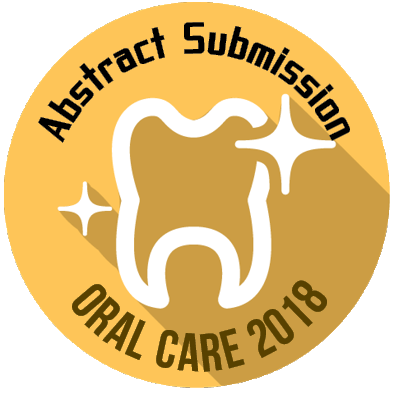Greta Kersyte
Lithuanian University of Health Sciences, Lithuania
Title: Human dentin as an autologous bone grafting material
Biography
Biography: Greta Kersyte
Abstract
Regenerative dentistry has a need to develop better bone grafting materials. Bone augmentations and guided bone regeneration
(GBR) offers the clinician a chance to solve the problem of space deficiency due to morphologic and pathologic problems
of insufficient bone volume or space. Bone grafting materials are commonly categorized into 4 major categories: autogenous
bone, alloplastic bone, allograft bone, xenograft bone. There has been made many studies on how each type of bone graft is
effective in the GBR procedure and autologous bone graft is considered by many to be the "golden standard" due to its ability for
osteogenesis, osteoinduction and osteoconduction. Its advantage is the rapid healing time without immune rejection. However
the shortcomings of an autologous bone are that the harvest amount is limited, resorption after the graft is unavoidable and
that there is another surgical site for the patient other than the area of the defect. We are studying the use of autologous bone
as grafting material for alveolar socket preservation after the third molar extraction. In control group after 3 months (n=11)
the depth of periodontal socket was 4.63 +- 0.48mm whereas in study group (n=13) 1.43 +-0.35mm. Patients also confirmed
that food stuck less to the site which was grafted. So this video presentation will focus on human dentin which can be used as
an autologous bone grafting material.

